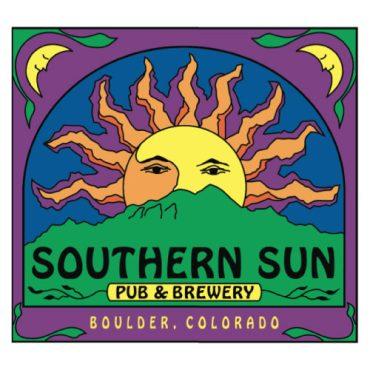Since 2000, a quarter-million black Chicagoans have left the city. The reasons for this reverse migration include decades of bad policy and broken promises on affordable housing, education and public safety. We’re taking a close look at those challenges in this week’s episode, along with some of the people who are rising to meet them.
First up, reporters Kevin Stark and Darnell Little from Chicago’s Data Reporting Lab investigate officials’ claims that police tactics have reduced the annual gun homicide count. They discovered that although authorities count violent crimes and homicides each year, they don’t track the number of people who survive shootings. Based on the data they collected, a different picture emerges: Chicago owes its drop in gun deaths to better medical care, not different approaches to policing.
Next, The Chicago Reporter’s Kalyn Belsha examines what happened after the city voted in 2013 to shut down 50 public schools – more than any system in the country. The thinking, said Mayor Rahm Emanuel, was to move kids out of failing facilities into better ones. But University of Chicago researchers found that most kids didn’t end up in schools that were much better than the ones they’d left. For some, things got significantly harder.
Finally, host Al Letson interviews Natalie Moore, a third-generation Chicagoan and journalist who’s written three nonfiction books about the city.
“What makes Chicago unique is that it’s diverse, yet segregated,” she says. “In Chicago, the city is about a third black, a third white and a third Latino. But we typically don’t live, work or play together. This wasn’t by accident.”
Reveal is a weekly radio program produced by The Center for Investigative Reporting and PRX. For more, check out our website and subscribe to our podcast.
Image: Photo of Lamar Caples by Bill Healy. Photo illustration by Michael I Schiller and Gabriel Hongsdusit / Reveal.


















